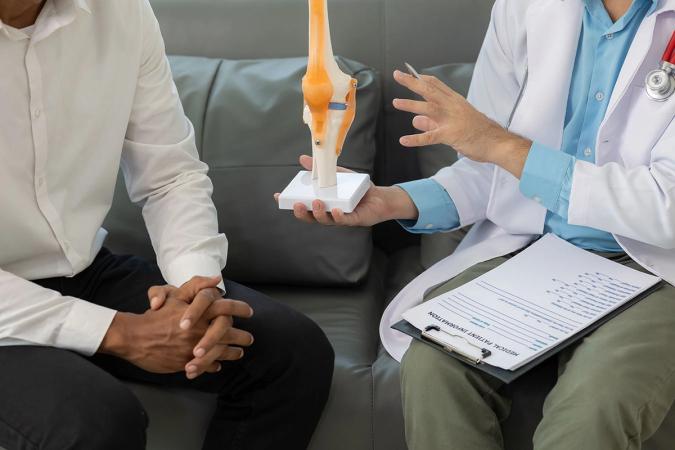question
at what point might surgical intervention be considered, and what are the common procedures?
When considering surgical intervention for inflammatory arthritis, it is essential to understand the circumstances that may lead to such a decision, as well as the common procedures available.
When to Consider Surgery
Surgical intervention may be considered when:
- Severe Pain: If you experience pain that disrupts your sleep or does not improve with rest, medications, or other treatments.
- Loss of Function: When your affected joint makes it challenging to perform daily activities, such as showering, dressing, or preparing meals.
- Dependency on Others: If you require assistance from others for basic tasks due to your condition.
- Impact on Quality of Life: When your pain prevents you from engaging in activities you enjoy or makes it difficult to work or care for others.
If you find that your regular exercise and medication are no longer effective, and your joint is significantly damaged or unstable, it may be time to discuss surgical options with your healthcare provider.
Common Surgical Procedures for Arthritis
Several surgical procedures are commonly performed for arthritis, each with specific indications and goals:
-
Osteotomy:
- This procedure involves cutting and reshaping bones to improve alignment and relieve pain.
- It is often used for early-stage osteoarthritis, particularly in the knee, to shift weight from a damaged area to a healthier part of the joint.
-
Synovectomy:
- This surgery removes inflamed synovial tissue surrounding the joint, which can help slow down joint damage and improve function.
- It is typically indicated for inflammatory types of arthritis, such as rheumatoid arthritis and psoriatic arthritis.
-
Arthrodesis (Joint Fusion):
- This procedure fuses two or more bones in a joint to eliminate movement and pain.
- It is commonly performed on joints like the ankle, wrist, or fingers, particularly when other treatments have failed.
-
Arthroscopy:
- Often referred to as "keyhole" surgery, this minimally invasive procedure allows the surgeon to view and treat joint issues through small incisions.
- It is generally not recommended for knee osteoarthritis unless there are specific symptoms like a locked knee.
-
Total Joint Replacement (Arthroplasty):
- This involves removing damaged joint surfaces and replacing them with artificial components made of metal, plastic, or ceramic.
- It is often considered when other treatments have not provided relief, particularly for severe joint conditions like advanced osteoarthritis or rheumatoid arthritis.
Preparing for Surgery
If surgery is recommended, preparation is crucial. Here are some steps to consider:
- Discuss with Your Doctor: Have a thorough conversation about the risks, benefits, and expected outcomes of the surgery.
- Plan for Recovery: Ensure you have support at home for daily tasks during your recovery period, which may last from days to months.
- Consider Lifestyle Changes: If you are overweight, losing weight can help reduce the risk of complications and improve rehabilitation outcomes. Stopping smoking and increasing physical activity are also beneficial.
Conclusion
Surgical intervention for inflammatory arthritis is a significant decision that should be made in consultation with your healthcare provider. Understanding the reasons for surgery and the types of procedures available can help you make an informed choice. Always remember that surgery is not a cure; ongoing management of your condition through exercise, weight management, and medication is essential for maintaining overall health. If you have further questions or need clarification, please consult your healthcare professional.
This information is not a substitute for professional medical advice, diagnosis or treatment. Always consult a registered healthcare professional about matters that affect your health. Clara uses artificial intelligence to generate general information for personal educational purposes only, not intended to be a management plan and it may contain errors, inaccuracies or may oversimplify concepts.






